
When my daughter-in-law suddenly started calling me “Mom” after years of cold distance, I wanted to believe it was real. I wanted to believe she finally saw me as family. But the truth behind her sudden warmth shook me—and forced me to question what love really looks like when trust is broken.
My name is Carol. I’m 65 years old, and I’m not one to spill my heart to just anyone.
I’ve always kept my stories close, held my pain quietly, and let time do its healing.
But five months ago, something happened that cracked open a part of me I thought was sealed for good.
It’s been sitting heavy in my chest ever since—waiting to be told.
So here it is.

I’ve been a widow for nearly ten years—a long, hollow stretch of time that’s felt more like a lifetime than a decade. My husband, Michael, was just 58 when pancreatic cancer stole him away from me.
Grief like that doesn’t just pass—it sits on your chest like a boulder, making every breath feel borrowed.
For the longest time, I didn’t know how to live without him. I didn’t know how to be without him.
The only light in those dark years was our son, Brian. Even as a teenager, he was the kind of boy who’d ask if anyone else wanted the last cookie before taking it. Kind, thoughtful, gentle to his core—everything a mother could ever hope for in a son.
He kept me going when I didn’t want to. He gave me a reason to keep waking up.

My whole heart lived in Brian.
Six years ago, he married Melissa. She was striking—elegant in that effortless way, always put-together, always saying the right things. But beneath the surface of her polite smiles and manicured charm, there was a chill I could never quite explain.
Not the kind of cold you can point out without sounding petty. It was quieter than that. Subtle. But it was always there.
She never called me “Mom.” Just Carol—like a polite stranger she didn’t plan to get to know. There were no warm embraces, no late-night phone calls just to chat or check in.
I was invited over for the holidays, of course—but it never felt like I was wanted. It felt like they were crossing off a name on a to-do list: Feed Carol. Smile. Send her home.

Still, I never pushed. I didn’t want to be that mother-in-law—the meddling one, the one who hovers too close, judges too loudly, or weaves guilt into every sentence.
I told myself that keeping my distance was a form of love, too. That respect sometimes meant silence.
So I stayed in my lane. I baked brownies and cookies they never came to pick up. I sent birthday cards sealed with glittery stickers and quiet hope. I left voicemails that floated off into the void, rarely returned.
Little messages like, “Just thinking of you,” or “Hope the kids are doing well.”
And when Melissa did reply, it was always the same—brief, distant, emotionally flat.
A polite nod from across a chasm I could never seem to cross.

“Thanks, Carol.”
Never Mom. Not once.
I learned to live with it—the distance, the formality, the subtle reminder that I was always just a guest in their lives. I told myself this was simply how it was going to be now. That I should be grateful for what I got: Christmas dinners, a few posed Thanksgiving photos, the occasional polite brunch every few months.
“Better this than nothing,” I’d whisper to myself.
One morning, staring into a lukewarm cup of tea, the words slipped out louder than I meant them to.
“Be grateful they let you come around at all, Carol.”
And for a moment, I actually believed it.
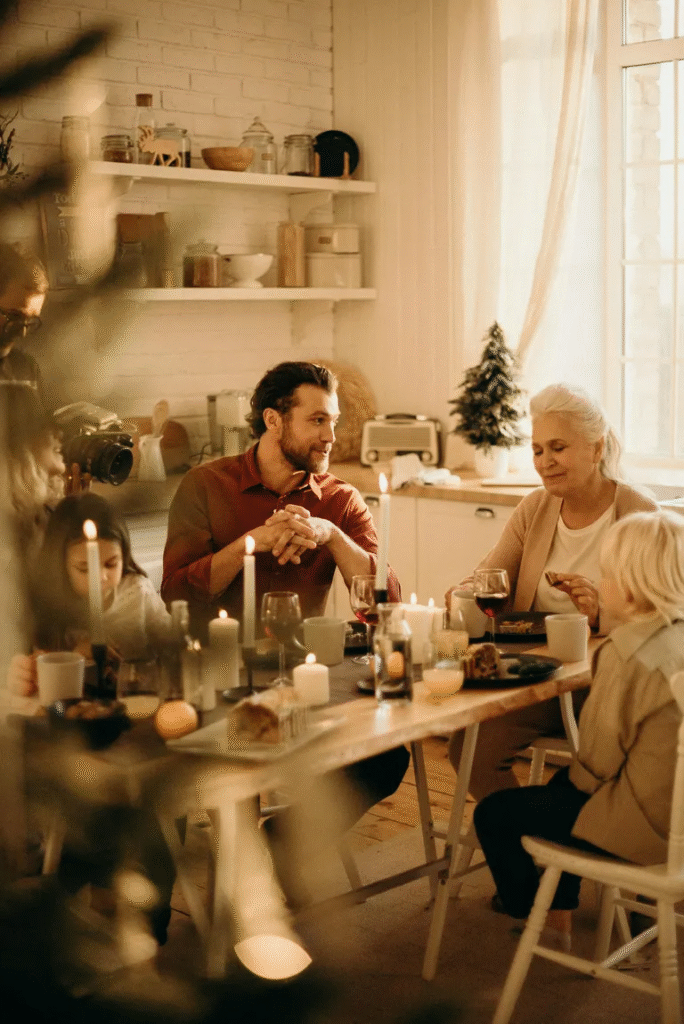
But I missed my grandkids—Lily and Sam. Seven and five, full of light and mischief, the kind of kids who make you believe the world still has a little magic in it.
Lily, with her sparkly barrettes and serious little face, would correct anyone who mispronounced “ballerina.” She danced through life like she was born to be on stage.
And Sam—sweet, curious Sam—was obsessed with dinosaurs and always full of questions that made me smile. “Do fish sleep with their eyes open?” he asked once, his eyes wide with wonder. They were joy in its purest form.
But I only got to see that joy a few times a year.
“Melissa says they’re just really busy,” Brian would explain over the phone. “Kindergarten, afterschool sports, Lily’s dance classes… by the time they get home, they’re exhausted.”
I’d nod and murmur something understanding. But inside, it ached. Because no schedule in the world could explain a grandmother being made into a stranger.

Busy.
As if kids that age had planners and deadlines, conference calls and time blocks.
I smiled through it, but inside, it stung. I wasn’t asking for much—just a little space in their world.
Then, one ordinary Tuesday, everything shifted. No holiday. No birthday. Just a gray, unremarkable morning.
And then my phone buzzed.
A text. From Melissa.
“Hi Mom! Just checking in. How’s your back doing with this cold weather?”
Mom.
I must’ve read it ten times, blinking at the screen like I’d seen a ghost. The word sat there, glowing softly, so sweet it almost hurt.
It was the name I’d longed to hear for six years. But something about it felt… off.
Too sudden. Too easy.

I stared at the screen, stunned. My fingers hovered over the reply button, suspended in midair like they didn’t quite know what to do.
Mom?
Was that… meant for me?
Maybe it was a mistake. Maybe she meant to text her actual mother. Or an aunt. Or even a friend named Mona. Anything seemed more likely than me suddenly becoming Mom.
I couldn’t make sense of it on my own, so I showed the message to my sister over coffee that afternoon.
She squinted at the screen like it was written in Morse code. “She called you Mom, Carol?” she asked slowly, as if saying it out loud would clarify things. “Are you sure she didn’t hit the wrong contact or something?”
I wanted to believe it wasn’t a mistake. I wanted it to mean something. But something in my gut stirred—a quiet warning I couldn’t yet name.
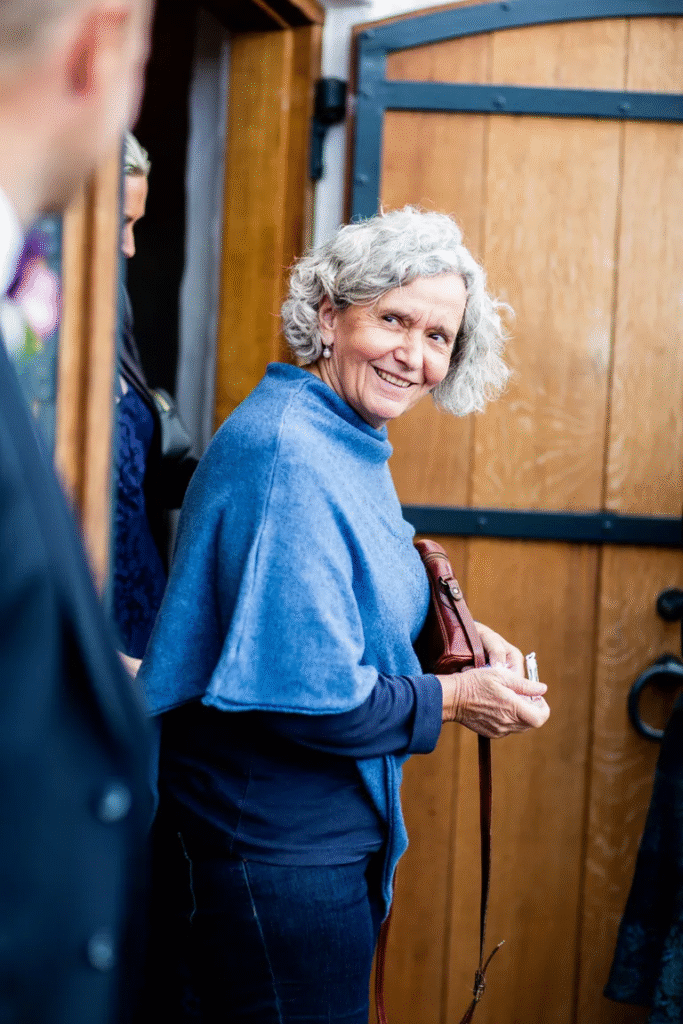
“I have no idea, Meredith,” I said quietly, my thumb still brushing over the screen like it might reveal a hidden meaning. “But… maybe she’s changed? People grow. Things shift. It’s possible, right?”
My sister gave me a look—the kind only someone who’s known you your whole life can give. One eyebrow arched, her voice gentle but firm.
“Carol… people don’t change like that overnight. Not without a reason.” She leaned in a little. “Be careful, Sis. When someone flips the script that fast… it usually means they want something.”
I exhaled slowly, feeling that familiar ache settle in my chest. I wanted to believe Melissa was softening, that we were turning a corner. That maybe, finally, I was being let into the family in a way I’d longed for.
I wanted it so badly, I ignored the whisper in the back of my mind that said: This doesn’t feel right.

But then, the very next week, Melissa surprised me. She showed up at the door with warm banana bread, the sweet, comforting smell wrapping around me like a soft blanket.
She hugged me then—something tight, deliberate, like she was holding onto a role she’d been rehearsing for a long time.
“It’s so good to see you, Mom,” she said, her voice careful but sincere, as if testing the name on her tongue for the first time.
For a moment, I let myself believe it was real.
Then July rolled around, and Brian’s birthday came and went.

I was invited for lunch at their place—an invitation that felt like a small victory.
I baked Brian’s favorite: a lemon tart Michael had taught me to make back when Brian was just a boy. It was a masterpiece of buttery, golden crust, dusted with powdered sugar and bursting with extra lemon zest.
I even added a delicate curl of lemon peel in the center, just like Michael used to, knowing how Brian loved those little thoughtful touches.
I arrived early, at 12:40 instead of Melissa’s strictly timed 1:00 PM invite. The sky was a flawless blue, the kind of perfect summer day that makes you forget your worries—until something goes wrong.
I stepped up to the door, my heart a mix of hope and quiet nerves.
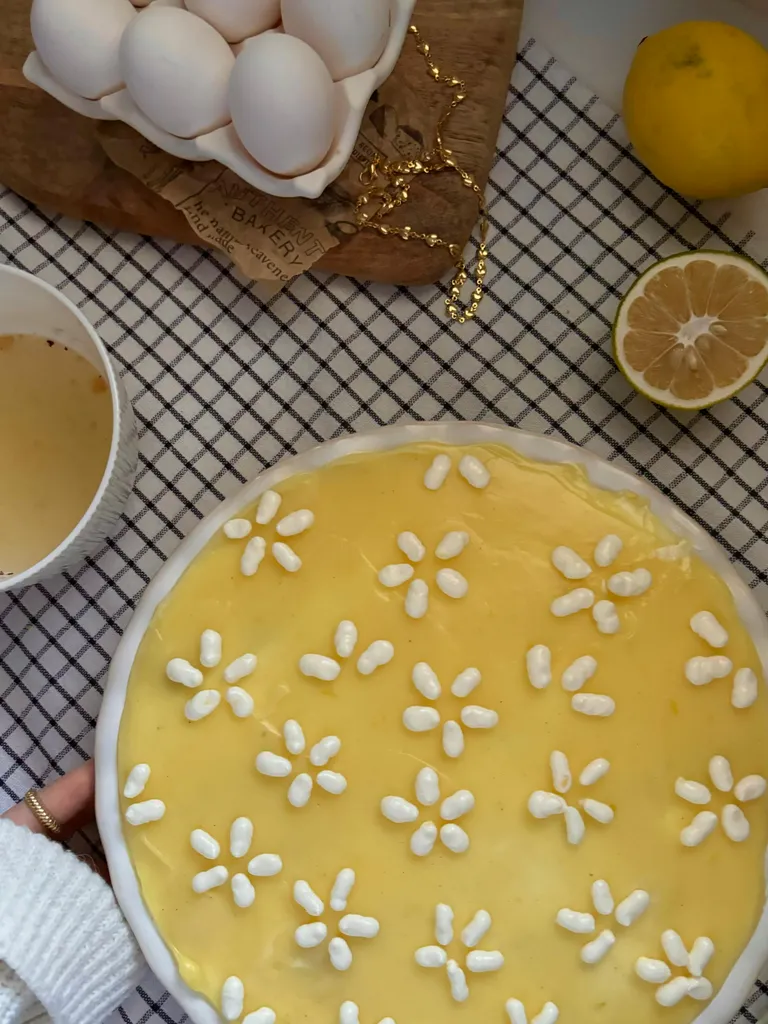
Their front door was unlocked.
I paused, a flicker of surprise rippling through me. Melissa was always so careful—sometimes even a bit uptight—about locking up tight. But maybe they were expecting me early.
I balanced the lemon tart in one hand, the blue gift bag with a few silk ties in the other, and gently nudged the door open with my shoulder.
“Hello?” I called softly, stepping inside.
The house was quiet—too quiet. The kind of silence that makes your skin prickle.

No answer.
Then, from the kitchen, I caught Melissa’s voice—low, clipped, sharp. She was on the phone, speaking in hurried whispers.
I froze in the hallway, heart pounding, barely daring to breathe.
“Yes, I know it’s fake. Of course, it’s fake. But I need her to trust me.” Her voice tightened with frustration. “I feel sick calling her Mom. She’s such a witch.”
My breath caught in my throat. I hadn’t meant to eavesdrop—it just happened.
Those words slammed into me like a cold wave.

There was a pause. Then, the voice returned—cold, calculating.
“I’ll be polite until she signs the equity transfer,” Melissa said, voice dripping with cruel certainty. “Brian said she won’t resist if we frame it like a college fund for the grandkids. She’s obsessed with them. She’ll do anything if she thinks it means more time with them.”
I felt my heart drop, sinking into a pit of dread.
“Once it’s all done, she can go rot in that ugly little apartment she keeps talking about retiring to.”
The plan was clear now. They wanted me to sign over the deed—masked as a harmless gift, just an equity shift, something for the kids.
But it wasn’t a gift.
It was a trap.
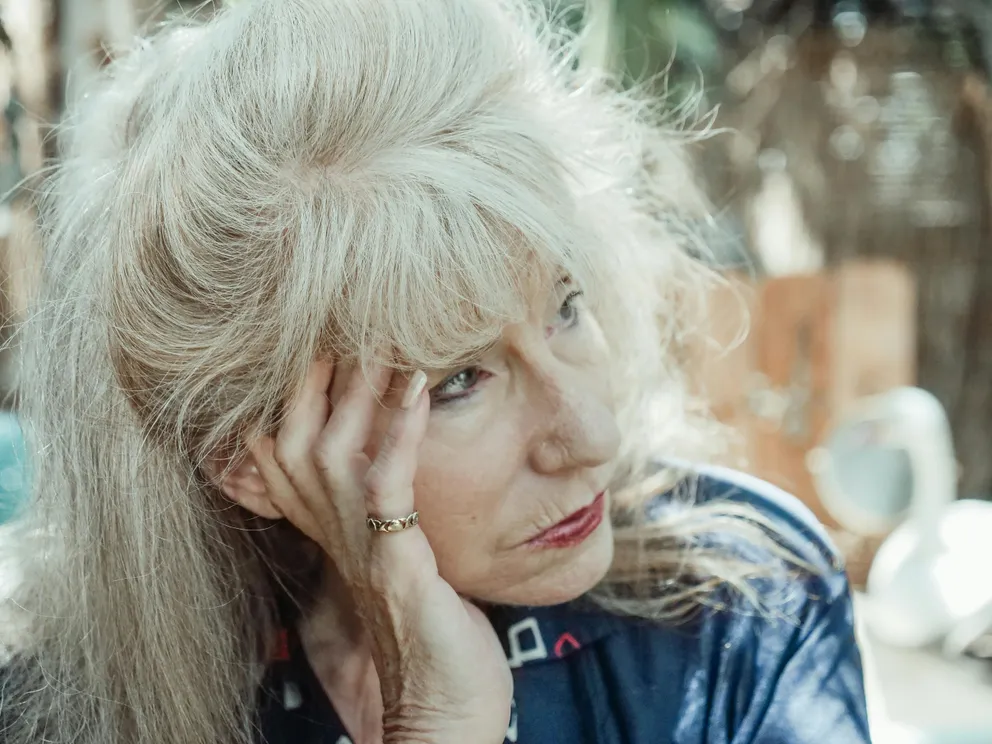
My hands went numb. I stumbled backward, barely feeling my steps as I made my way outside and closed the door behind me.
The sky was still that perfect, endless blue. The birds chirped like nothing had changed.
But inside me, everything had shattered.
Melissa had been playing me—like a piano, each note carefully struck to manipulate and deceive.
I didn’t confront her. Not yet.
Instead, I sat on the porch swing, letting the silence wash over me, waiting until 1:00 PM—the exact time Melissa had said I should arrive.
Then, I pulled on a smile so practiced it felt like a mask. I stepped back inside, hugged the kids tight, and handed over the lemon tart.

Melissa poured tea with the same calm, practiced grace as if she hadn’t just called me a witch behind my back. Her hands moved steady and sure, drizzling honey into my cup like she had nothing to hide.
I stayed through lunch. Each bite was bitter, a silent betrayal lingering on my tongue—but I stayed.
That night, I sank into my couch, the scarf still hanging by the door, untouched.
I cried quietly—not for pity, but for the truth I’d been starving for, the connection I’d longed to find.
I cried because I’d allowed myself to believe in something real… and instead, I’d been fed nothing but lies.

That night, I called my lawyer.
Over the next two weeks, everything changed. I updated my will, revised the deed to my home, and tightened the details of the trust I’d set up for the kids.
I met with Jillian, an estate attorney who wore sharp navy pantsuits and carried a calm, no-nonsense presence.
When I told her what I’d overheard, she didn’t flinch or question me. She simply nodded, her eyes heavy with understanding.
“Don’t worry, Carol,” she said softly but firmly. “We’ll make sure you’re protected.”
For the first time in months, I felt a flicker of control.

We set up a secured family trust.
Lily and Sam were named the sole future beneficiaries—not Brian, not Melissa. Everything I owned—the house, the savings, even the small velvet boxes of jewelry tucked away in my dresser—was placed into that trust. Ironclad. Untouchable.
No one could sell, transfer, or claim a thing without going through a professional trustee who had no ties, no emotions, just the law.
It gave me peace. It gave me safety.
But it didn’t give me answers.
Because underneath the paperwork and signatures, something kept gnawing at me. It wasn’t anger, not even the sting of betrayal anymore.
It was the why.
Why had it come to this?
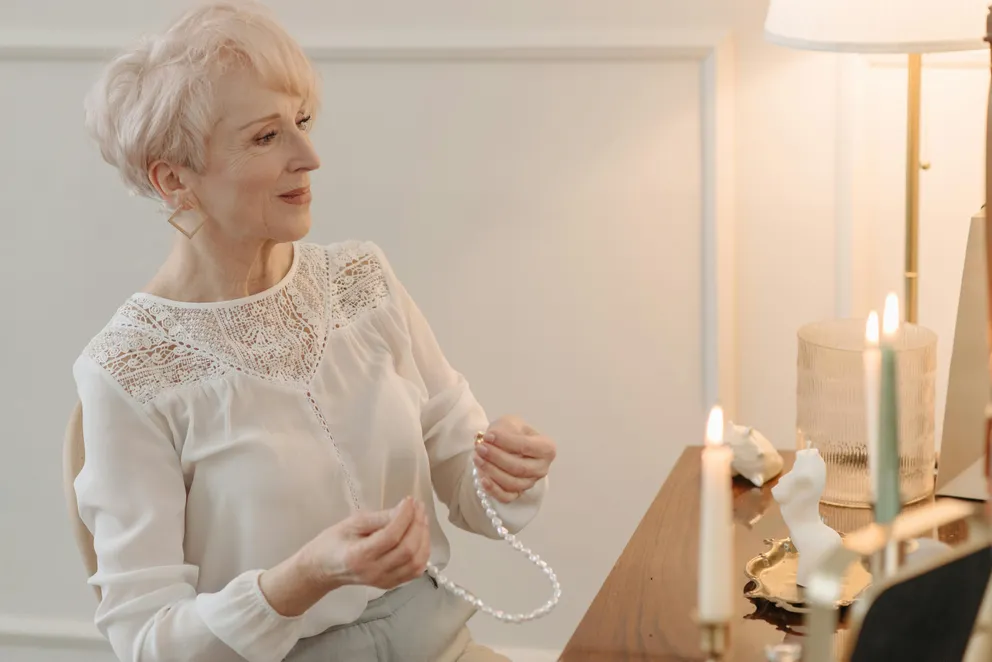
Why would Melissa think I was weak enough to fall for this?
Why would Brian—my Brian—let it happen?
Did he hear every word she said? Or had she fed him a softer version of the plan—something easier to swallow, something that let him sleep at night?
That question wrapped itself around my mind like a thorned vine. It wouldn’t let go. It wouldn’t let me rest.
So I called him.
He picked up on the third ring.
“Hey, Mom,” he said, his voice easy, casual—like nothing was wrong. “What’s up? Everything okay?”
And for a moment, I almost said yes. Almost pretended I was calling about the weather or the grandkids or the tart I’d left behind.
But I didn’t.

That word again—Mom—felt like a sharp stone in my shoe. Familiar, but wrong. Forced.
“I need to ask you something,” I said, keeping my voice steady, though my pulse had begun to pound in my ears.
“Sure,” he replied easily.
“Did you know Melissa was going to ask me to transfer the house?”
There was a pause. Not long—but just long enough.
“…What do you mean?” he asked, too carefully.
“I mean,” I said slowly, “did you know she planned to have me sign over the deed? That she was going to frame it as a gift for the grandkids? That she called me a witch?”
The silence that followed was different this time. Heavy. Dense with the weight of guilt or shock—or both.
“Brian?” I prompted.
He exhaled, a shaky breath that said more than words ever could.
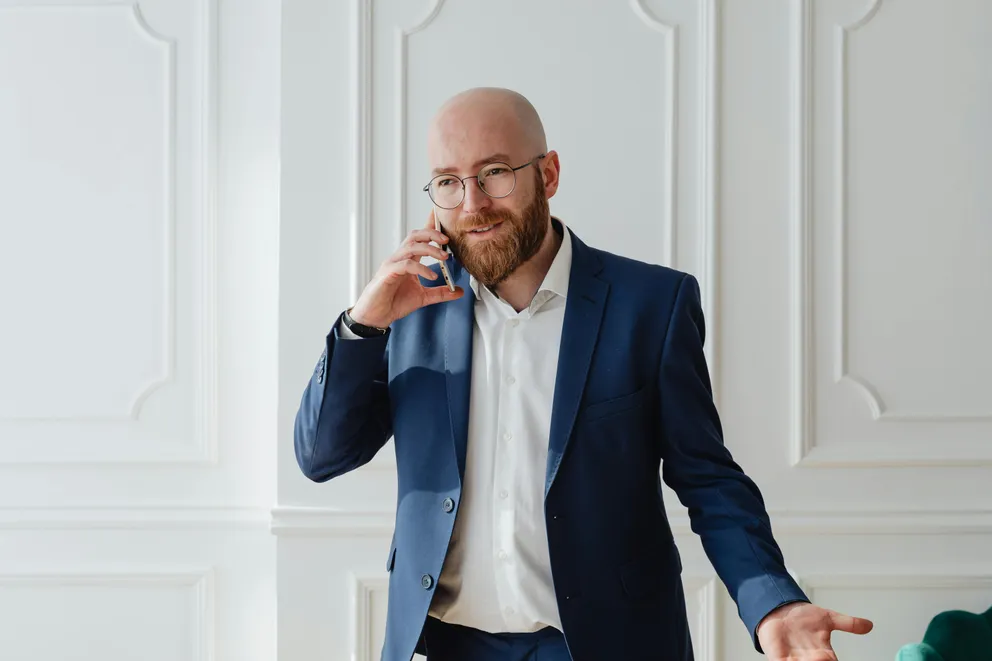
Silence.
The kind that doesn’t just fill the space—it presses on it. Thick. Heavy. Full of things unsaid.
“She mentioned a college fund,” he said finally, exhaling like the truth cost him something. “She said it might help… if you gifted the equity.”
I didn’t let him off the hook.
“Did you know she was pretending to bond with me just to make that happen?”
Another pause. Longer this time. I could almost hear him choosing his words, weighing how much honesty he thought I could handle—or maybe how much he could live with.
“I didn’t know,” he said at last, voice quiet. “Not everything. I didn’t know she said… that.”
“But you knew enough,” I said. Not angry. Just sad.
And he didn’t deny it.
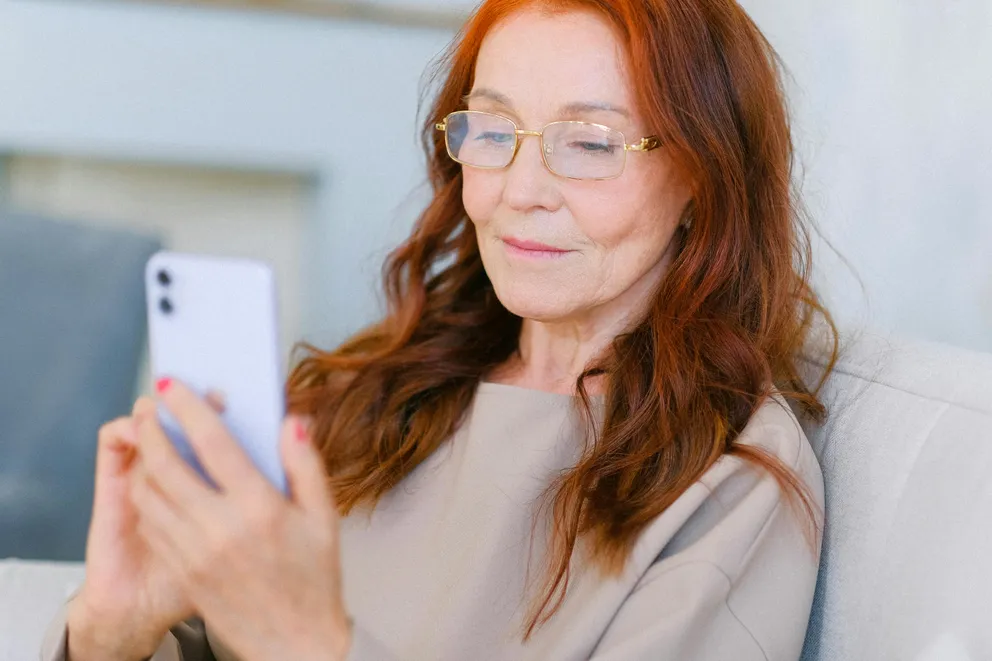
There was more silence. The kind that starts to sound like distance.
“I didn’t know it was like that…” he said finally, his voice barely above a whisper. “I thought Mel was… I thought it was finally working between you two.”
I closed my eyes for a moment, steadying myself.
“She called me a witch, Brian.” I said it clearly, not for drama, but so he couldn’t pretend not to hear it. “I don’t know who she was talking to, but that’s what I heard.”
Still nothing.
“I heard her,” I said again, firmer this time. “Every single word. There’s no misunderstanding. No misinterpretation. Just… truth.”
He didn’t argue. He didn’t defend her. He didn’t say I’m sorry.
And maybe that hurt the most.
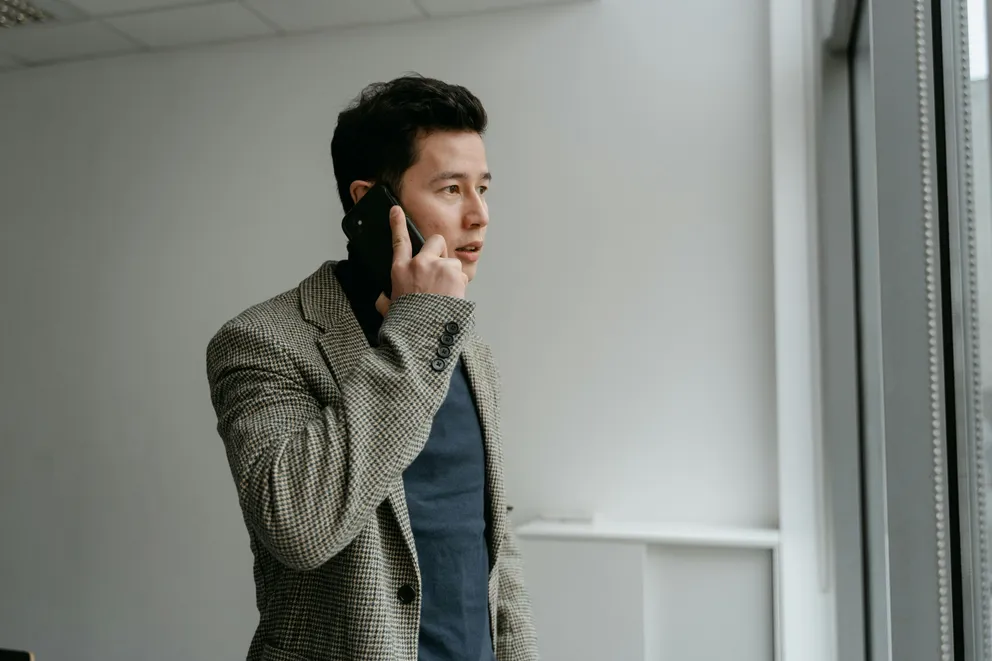
“I’m sorry,” he muttered in a small voice.
“I’ve taken care of it,” I said. “Lily and Sam are protected but no one’s going to trick me out of my own life.”
“Mom, I never meant…”
“I know,” I said, softly. “And that’s what hurts the most.”
Two Sundays later, I invited them over for dinner. I told them I had a “family surprise.”
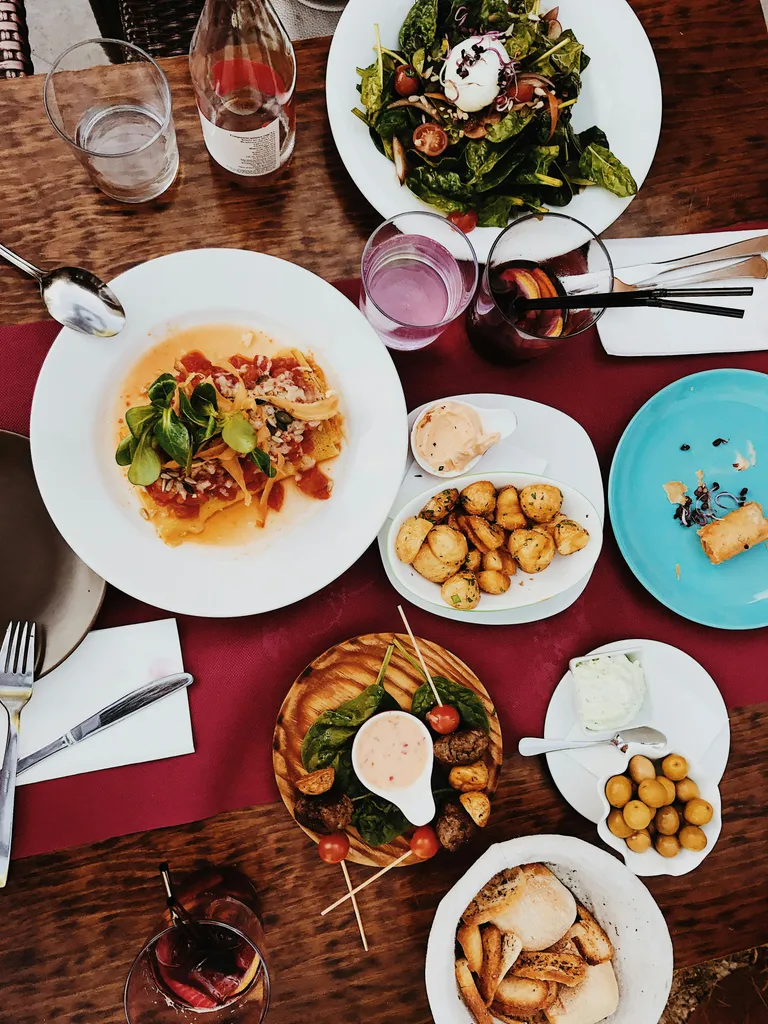
Melissa’s voice practically sparkled through the phone.
“We were just talking about that college fund,” she chirped. “Lily has big dreams! And Sam’s right there behind her… It’s so generous of you, Mom!”
There it was again—that word. Mom.
So sweetly said. So perfectly placed.
Coated in sugar, but bitter all the way down.
I let the silence hang for a moment.
Then, calmly, I said, “There won’t be a transfer, Melissa. Not now. Not ever.”
The sparkle in her voice dimmed.
“Oh?” she said, still trying to keep it light. “I just thought—”
“I know exactly what you thought,” I said gently. “And I heard everything.”
This time, she fell silent.

I set the table with my wedding china—the white porcelain with gold trim that Michael and I had picked out when we were barely old enough to drink, full of dreams we didn’t yet understand.
I even polished the silverware, wiped down the crystal glasses, lit two tall taper candles. Everything had to be just right.
I folded the napkins into perfect triangles and placed them gently beside each plate.
This wasn’t just dinner. It was closure. My way.
They arrived right on time.
Melissa wore a pale green blouse and carried a bottle of red wine—dry, bold, the one I’d once mentioned liking three years ago in passing. Her smile was warm, almost too warm.
Brian kissed my cheek like everything was normal.
But nothing was.

Melissa hugged me tight, her arms warm, perfumed, rehearsed.
“We’re so glad you’re doing this,” she whispered into my ear, her voice honeyed and soft. “Truly.”
I smiled, my hands resting lightly on her back.
“I’m glad you’re here,” I said.
And I meant it.
Just not in the way she thought.
Because tonight wasn’t about generosity. It wasn’t about a college fund, or wine, or second chances.
Tonight was about truth.
And I had set the table for it.
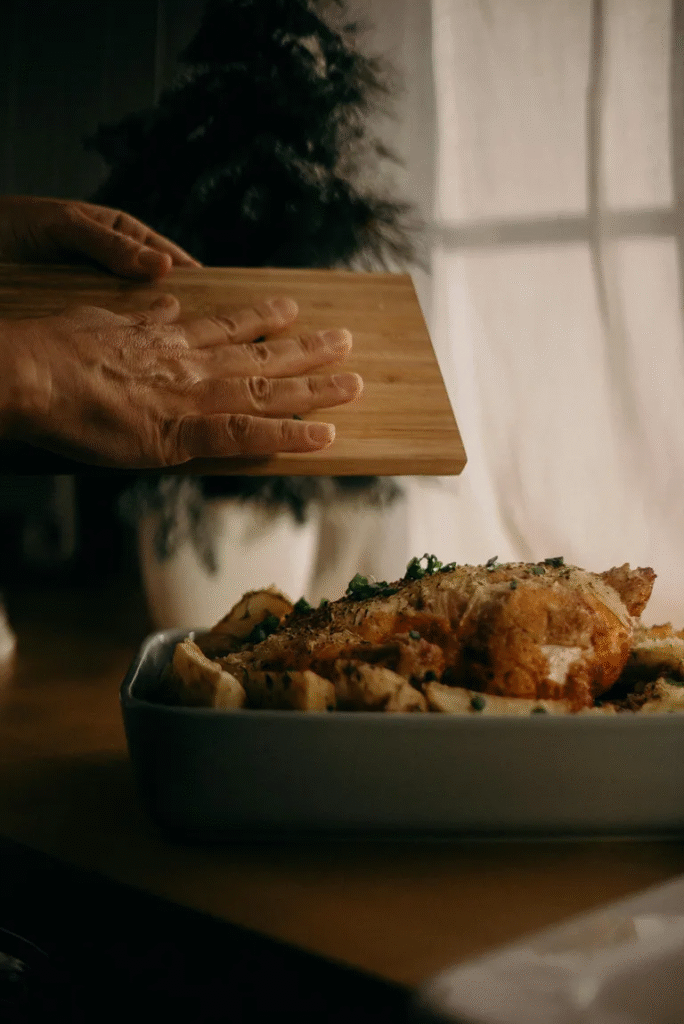
After dessert, I brought out the envelope. Cream-colored. Thick, expensive paper. The kind that announces this matters.
I placed it gently between their water glasses like a gift, neatly centered. Purposeful.
Melissa’s eyes lit up as she reached for it, her smile already forming, lips parting for a premature thank you.
But then she read it.
Her expression froze—just for a second—and then reset. Too late.
She blinked once. Slowly.
Inside was the trust document. Clear and binding. Every major asset—my home, my savings, even the jewelry—had been moved into a secured estate trust.
Lily and Sam were the sole future beneficiaries.
No one—not Melissa, not Brian—could touch a single cent without legal oversight and the trustee’s approval. Not now. Not ever.

“Why would you do this?” Melissa asked, her voice brittle now, the sweetness gone.
I met her eyes without flinching.
“Because love shouldn’t come with a price tag,” I said calmly. “And if you have to fake it to get what you want… then it was never really love in the first place, huh?”
The silence that followed was thick and unforgiving.
Brian sat perfectly still, his hands resting on the table like they’d turned to stone. His eyes met mine for the briefest moment—then flicked away.
I couldn’t tell if he was ashamed… or just angry that the plan had unraveled.
Maybe both.
But for once, it didn’t matter.
Because I wasn’t shrinking anymore.

They didn’t argue.
They just stood.
Melissa gathered her purse in silence, her eyes hard, unreadable. Brian hesitated for a second—just one—but then followed her out the door.
No hugs.
No “Mom.”
No soft emojis trailing in my texts afterward.
That was two months ago.
Melissa hasn’t reached out. Not once.
Brian sends photos sometimes—Lily painting with glittery fingers, Sam grinning with a popsicle melting down his arm. But the messages are clipped, mechanical. No warmth. Just obligation dressed up as connection.
And still, I save every photo.
Because love doesn’t vanish just because it’s not returned.
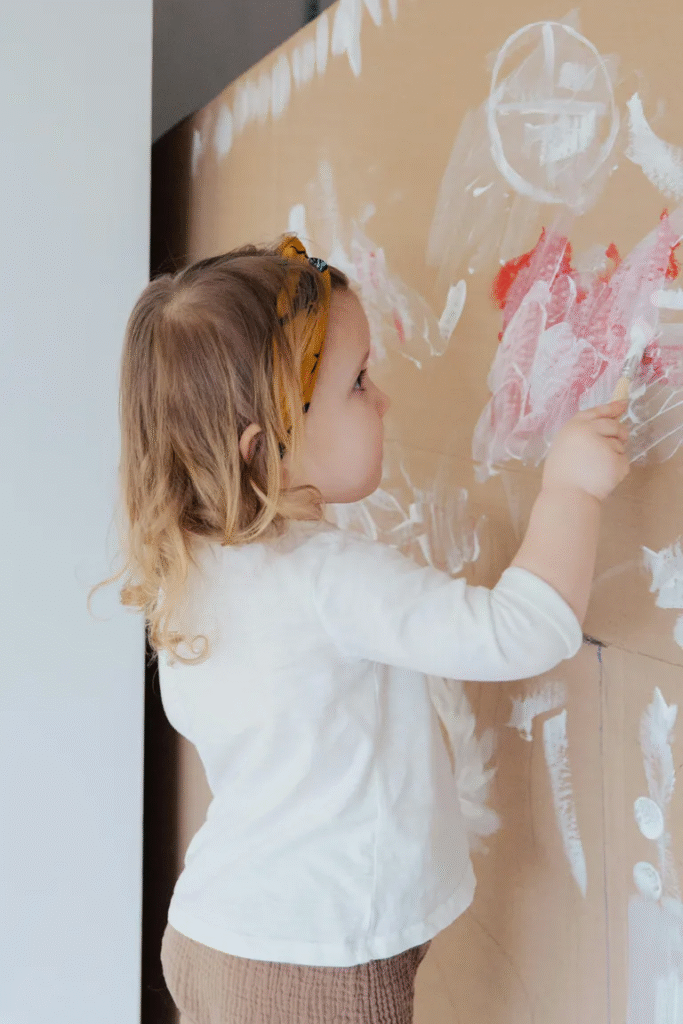
Then, last week, I opened the mailbox and found a purple envelope, smudged with what looked like peanut butter fingerprints.
Inside was a folded piece of construction paper—thick, soft at the edges, the kind teachers hand out for craft time.
Drawn in crayon were three stick figures holding hands. One had glasses and gray hair. One wore a pink tutu. One held what I could only guess was a lemon tart, with a giant yellow sun smiling down from the corner.
Underneath, in Lily’s uneven, heartfelt handwriting:
“I love you, Grandma. I hope you always live in your big house.”
I sat down on the porch step, that drawing held gently in my lap.
And I cried—not from hurt this time, but from something quieter. Softer. Hope, maybe.
Because love doesn’t always come the way you want it.
But sometimes, when it’s real, it finds a way to reach you anyway.
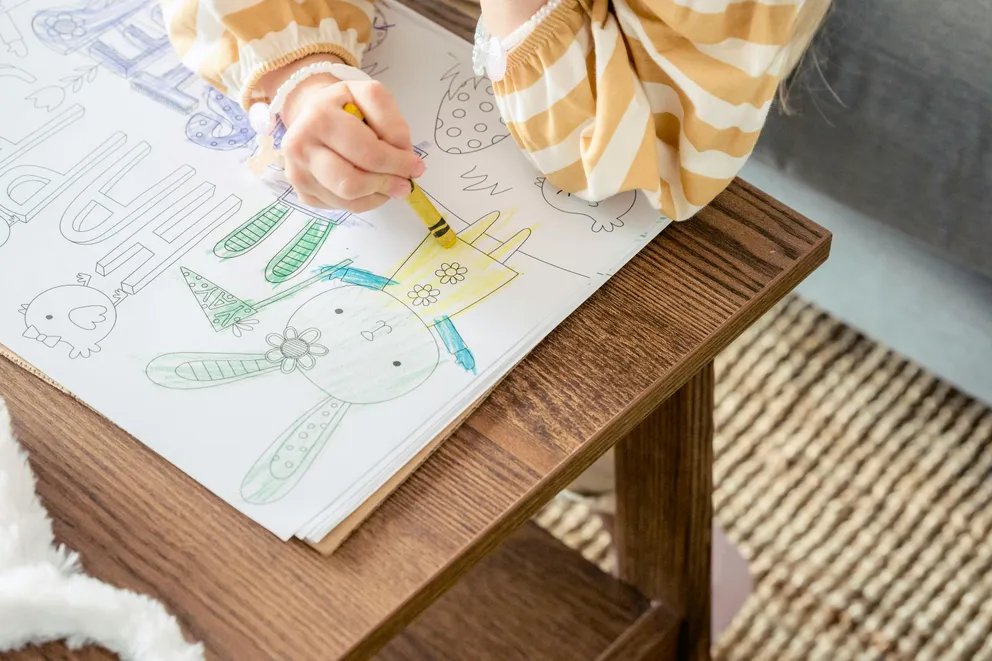
I sat at my kitchen table and cried.
Not from sadness.
From knowing.
That sweet little girl—my granddaughter—had seen everything. Not the documents, not the strategy, not the betrayal masked in politeness.
She had seen me.
She saw through the silence, through the pretending, through the polished smiles and empty words.
She saw my love, my lemon tarts, my folded napkins and porch swing waiting.
She saw me.
And in the end, that was enough.
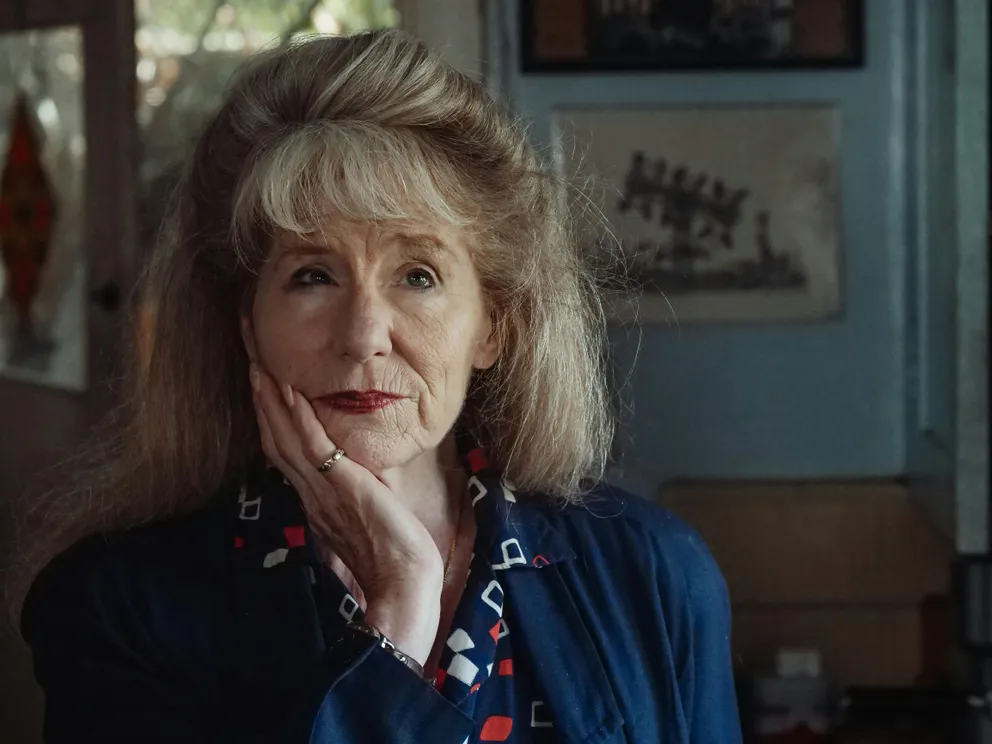
What would you have done?
If you were moved by this story, here’s another you won’t want to miss:
When Thomas’s beloved grandmother passed away, all he inherited was a single photograph.
His mother and sister took everything else.
But as the dust settled, Thomas discovered the truth:
His grandmother hadn’t forgotten him—she had entrusted him with something far more valuable than money.
She had left him a mission.
This story is inspired by true events, though fictionalized for creative purposes. Names, characters, and details have been changed to protect privacy and enrich the narrative. Any resemblance to real people, living or deceased, or to actual events, is purely coincidental and not intended by the author.